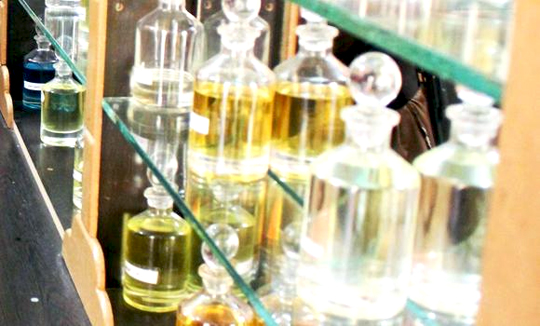Jeddah, Jan 28: Ten gallons of human urine kept in several containers shocked a municipality team when it raided a warehouse on Wednesday.
The Hail municipality team also found wood covered with perfumed oil with the intention of selling them as Oud, said a media report.
The team also seized unknown raw material, oils and perfume bottles. The team immediately informed the Ministry of Commerce and Industry, the Civil Defense and the police, and handed the case over to them.
Saad Al-Thowaini, media director at the municipality, said the secretariat, in cooperation with the Ministry of Commerce and Industry in the region, shut down the warehouse while the security patrols arrested the foreign workers.
The operator of the warehouse was fined for various violations, including the discovery of the human urine on the premises, making perfumes without a license, the presence of unknown raw materials, and other health violations.
The police are now trying to determine why so much urine was on the premises and whether it was mixed with the perfumes and being sold on the market.
Al-Thowaini said the municipality’s teams regularly conduct inspections at restaurants, kitchens, fast food restaurants, confectionery plants and warehouses.







Comments
May ALLAH protect us from such deceivers.... The Honest authorities should take stern action against those deceivers & prevent such deception . Few people go to such extent as if they think they will escape from the creator. .... Ya muslimeen stop such deception FEAR ALLAH. When we work honestly without lies and deception. ALLAH will give barakah... Have faith in ALLAH & the teachings of Prophet Muhammad pbuh.
Add new comment